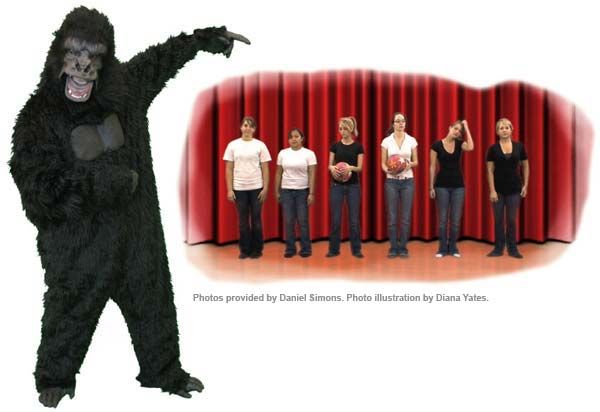- Messages
- 11,979
- Reaction score
- 2,586
- Points
- 238
The cocktail party effect — our stunning ability to filter out words and sounds
The “Cocktail Party Effect,” is a remarkable showcase of our auditory system’s capabilities. In the whirl of a bustling party, filled with clinking glasses, laughter, and overlapping conversations, you can sometimes tune into one specific conversation, effortlessly filtering out everyone else’s words.Essentially, the cocktail party effect is a phenomenon that describes the ability of the human auditory system to focus on a single auditory source, like a conversation, in a noisy environment, such as a crowded room or a “cocktail party.” But why does this phenomenon happen?
According to research pioneered decades ago by Colin Cherry (and continued in several other studies), this cocktail party effect has more to do with our brains than our ears.
More:

The cocktail party effect -- our stunning ability to filter out words and sounds
It's a noisy world yet we somehow cope in the cocktail party of life.
 www.zmescience.com
www.zmescience.com

